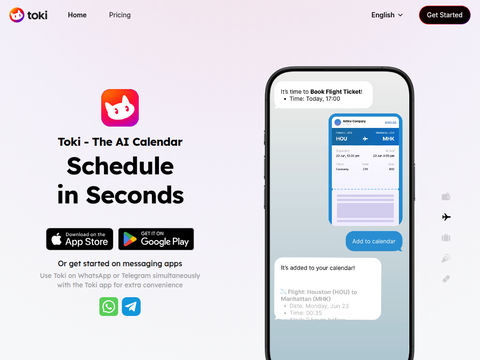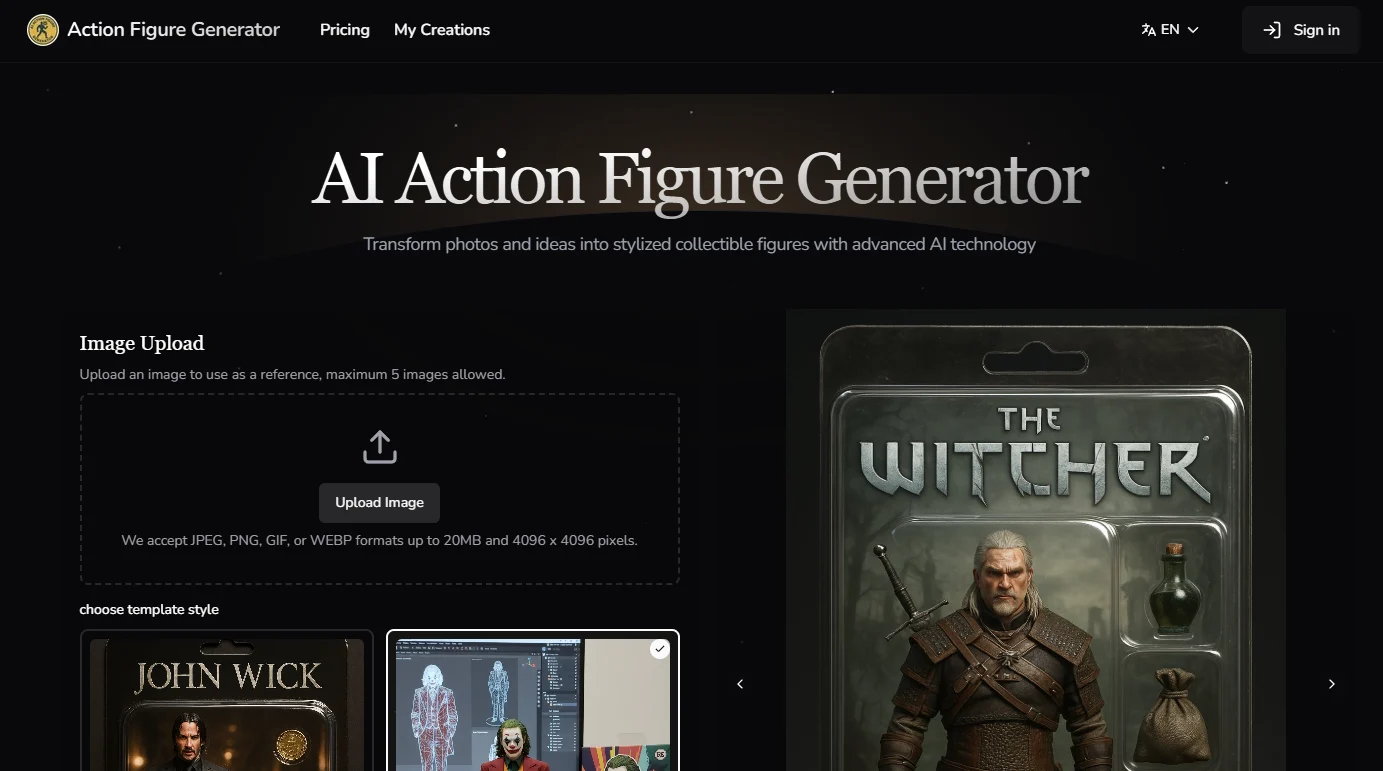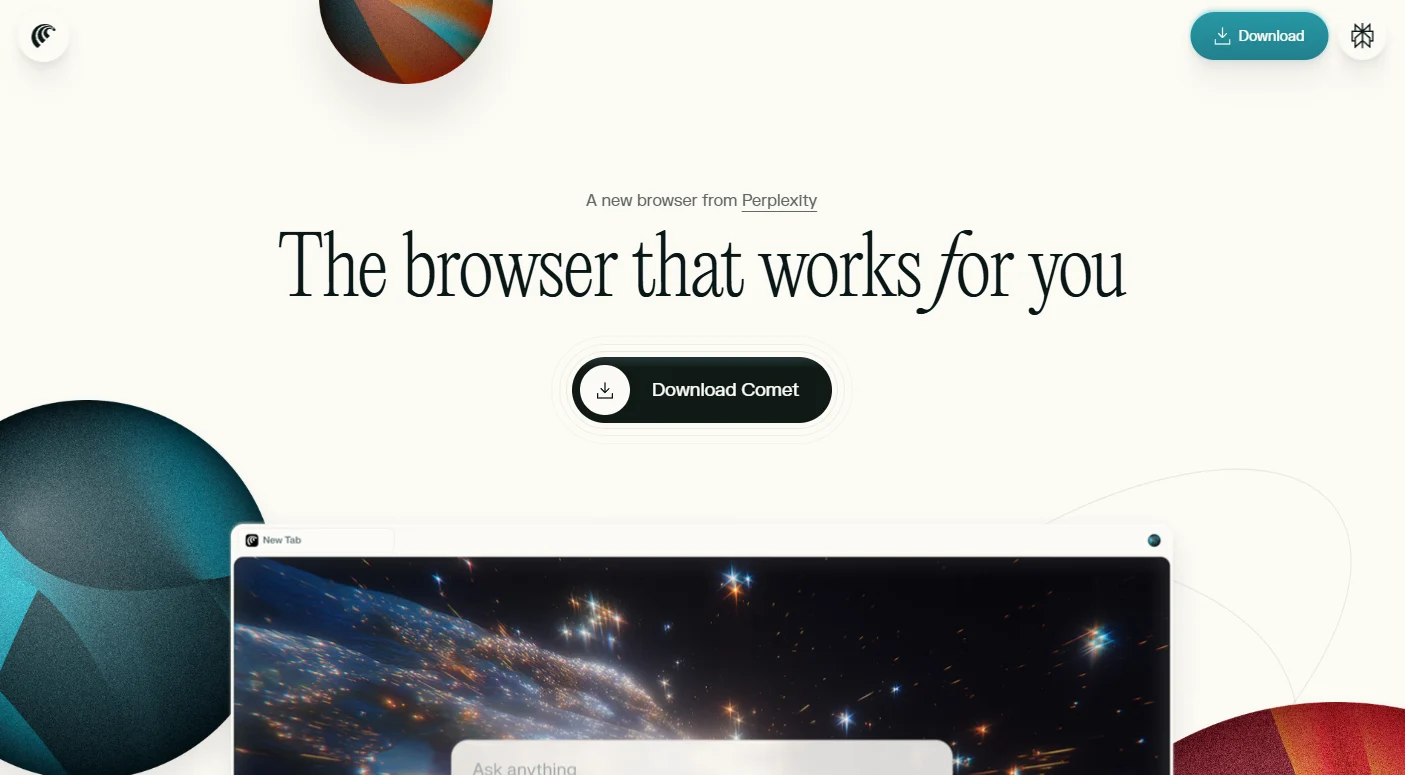Google has officially filed a petition with the Ninth Circuit Court of Appeals, requesting a suspension of the upcoming changes mandated by Judge James Donato in the Epic v. Google case. Additionally, Google has submitted the same request directly to Judge Donato. It remains uncertain whether the judge, who is committed to "breaking barriers," will grant Google a stay on the ruling before Friday.
The pending appeal could have significant consequences for Google, requiring the distribution of third-party app stores on Google Play and no longer enforcing the use of Google Play’s billing system for apps distributed through Google Play. Many of these changes are set to be implemented on November 1st, just over two weeks from now.
In making this request, Google reiterated arguments similar to those presented in local court cases, although Judge Donato did not accept these points previously. Google contends that the ruling's order "threatens Google Play’s ability to provide a secure and trustworthy user experience."
Lee-An Murphy, Vice President of Regulatory Affairs at Google, emphasized in a statement provided to reporters, "This decision will not only harm Google but also negatively impact Android users, developers, and device manufacturers who have built thriving businesses on Android."
The statement detailed Google's five key objections, titled as follows:
- Mandating Google to Distribute Third-Party App Stores on Google Play Threatens Security and Privacy
- Google argues that this action would undermine its existing security mechanisms, increasing the risk of user privacy breaches.
- Allowing Hundreds of Third-Party Android App Stores Access to Google Play’s App Catalog Reduces Developers’ Control Over App Distribution and Puts Users at Risk
- Google points out that this would create a chaotic app distribution environment, diminish developers’ control, and heighten risks for users.
- Linking to External App Downloads from Within Google Play is Hazardous
- Google believes that allowing links to external app downloads from within Google Play would compromise its security sandbox, increasing the risk of malware intrusions.
- Removing the Play Billing Option Will Reduce Essential Protections and Features Users Rely On
- Google emphasizes that the Google Play billing system offers various user protections, such as refund policies and fraud detection. Eliminating this option would weaken these protections.
- Rapid Implementation of Remedies Will Pose Risks to Users, Developers, and Device Manufacturers
- Google asserts that providing more preparation time before the judgment takes effect is crucial for ensuring a smooth transition, and that hastily implementing remedies could lead to unpredictable risks.








